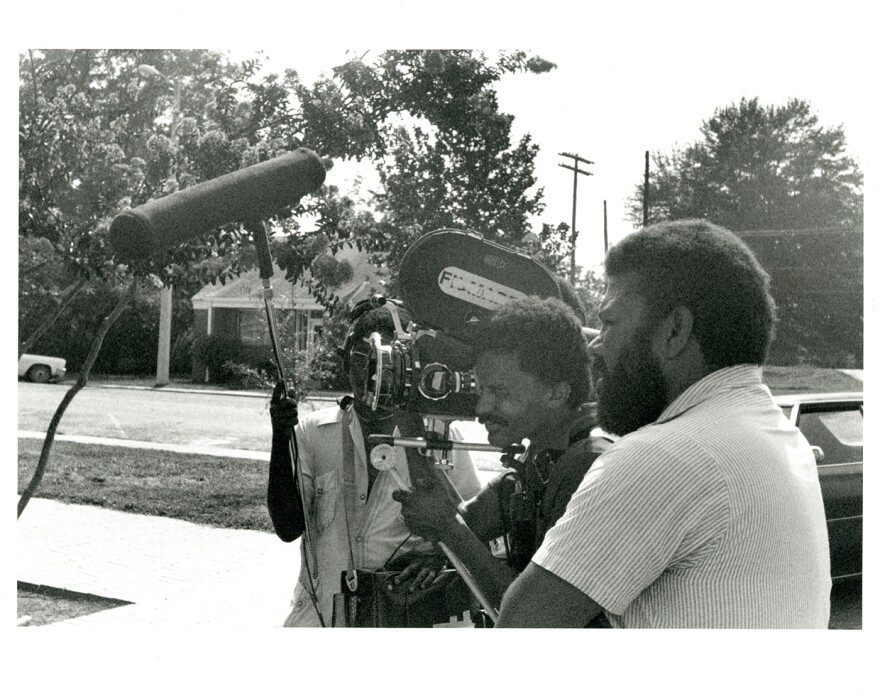Fifty-five years ago this week, Alabama troopers greeted peaceful protesters gathered along a Selma bridge with billy clubs, tear gas, bullwhips and horses. And they didn’t hesitate to use them.
“I felt like it was the last demonstration; it was the last protest on my part, like I was going to take my last breath from the tear gas,” John Lewis told filmmakers in 1985, two years before he’d begin his long tenure representing Georgia’s Fifth Congressional District.
Parts of that interview are included in “Eyes on the Prize,” a 14-part film series that originally premiered on PBS in two parts in 1987 and 1990. It’s still considered the definitive documentary on the civil rights movement in America, and the complete oral histories that were gathered during its production, including the conversation with Lewis, have been preserved by Washington University Libraries. Many of the interviews are now digitized and accessible to members of the public.
On Friday’s St. Louis on the Air, Associate University Librarian Nadia Ghasedi joined host Sarah Fenske for a closer look at the enduring value of the Wash U Film & Media Archive’s “Eyes on the Prize” materials, which are part of its Henry Hampton Collection.
Other notable interviews related to “Bloody Sunday” in the archive are with Sheyann Webb, Rachel West Nelson, Amelia Boynton Robinson, Mayor Joseph Smitherman, Sheriff James Clark and Gov. George Wallace. These interviews are fully accessible, as Wash U recently highlighted.

Lewis’ fight for justice and equality has continued for decades since that day when his skull was fractured on the Edmund Pettus Bridge. This past Sunday, at the 55th annual march in Selma commemorating what became known as “Bloody Sunday,” the civil rights leader made a surprise appearance, urging the crowd that America can still become a much better place than it is today.
“We must use the vote as a nonviolent instrument and tool to redeem the soul of America,” said Lewis, who announced in December that he has stage 4 pancreatic cancer.

On the talk show, Ghasedi shared her perspective on what makes grappling with these oral histories from Lewis and others so meaningful — more than a half-century after the events they describe.
She noted that part of what makes the "Eyes on the Prize" archive so rich is that the filmmaker Henry Hampton and his production company Blackside Inc. gathered hundreds of perspectives — roughly 75 hours' worth of interviews for the first six episodes alone— while creating their films.
"What sets Hampton and Blackside apart from many other filmmakers was the unprecedented amount of research they conducted," Ghasedi said. "So they amassed a ton of material."
Listen to the discussion:
“St. Louis on the Air” brings you the stories of St. Louis and the people who live, work and create in our region. The show is hosted by Sarah Fenske and produced by Alex Heuer, Emily Woodbury, Evie Hemphill, Lara Hamdan and Joshua Phelps. The engineer is Aaron Doerr, and production assistance is provided by Charlie McDonald.
Send questions and comments about this story to feedback@stlpublicradio.org.



